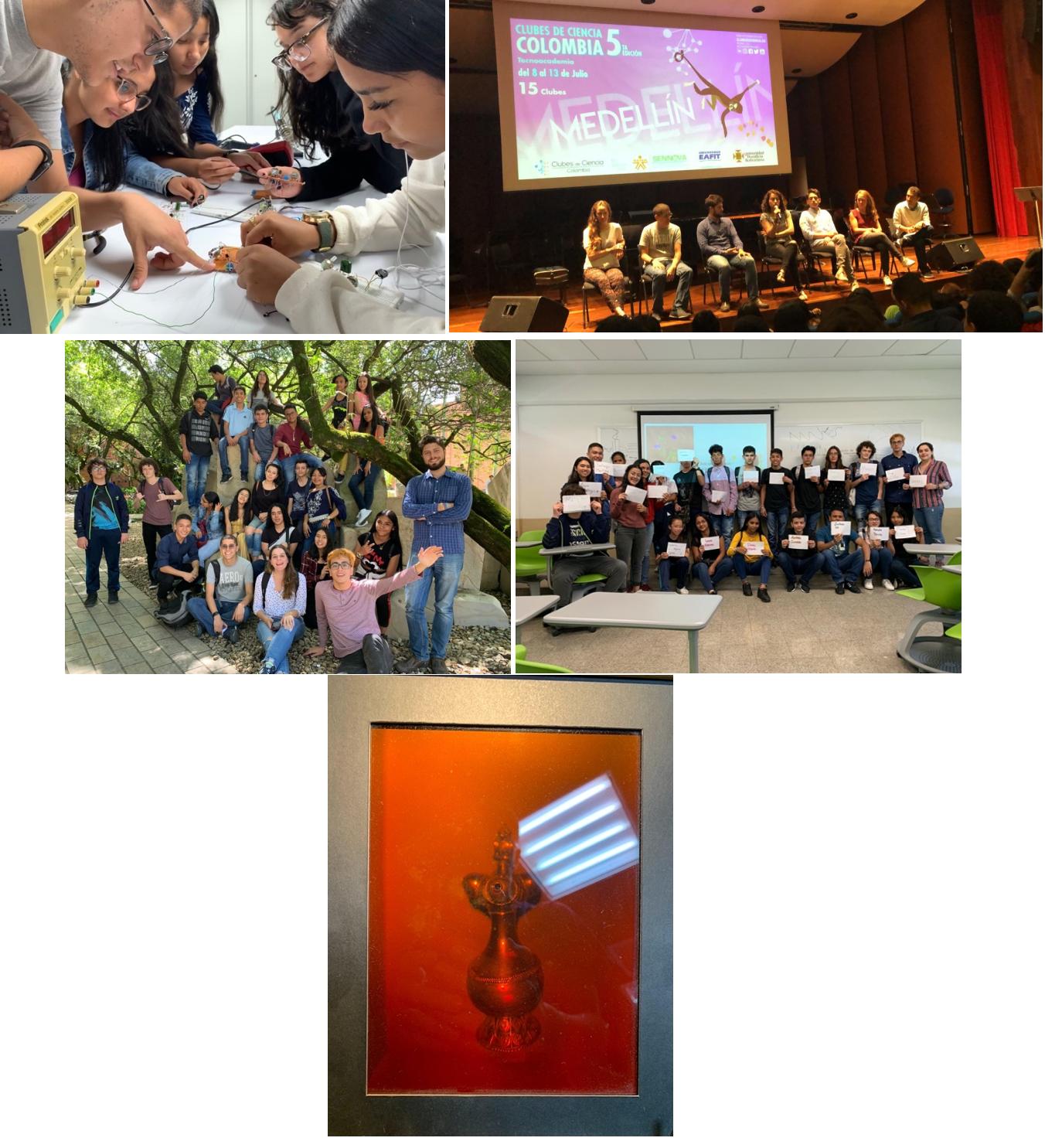by Juan Rafael Alvarez Velasquez
Hello again! My name is Juan Rafael Álvarez, and I am a Colombian second year PhD student at the University of Oxford. I am doing my PhD as an Early Stage Research fellow, sponsored by LIMQUET (Light Matter Interfaces for Quantum Enhanced Technologies), an Innovative Training Network of the Marie Sklodowska Curie Actions, a project funded by the European Commission.
Aside from being in the laboratory, I enjoy teaching and sharing surprising scientific results with other people. I think that, as Carl Sagan put it, science is a candle in the dark, guiding us to understand more and more about the world we live in, the universe we live in, and about ourselves. No other period in history has been as prosperous and comfortable for humans as this present one, and scientific inquiry of the world has made this possible.
This firm belief in the use and purpose of science as a tool to improve human lives was reinforced in me when I decided to participate in the fifth edition of Clubes de Ciencia Colombia, which took place between July 8th and 13th, 2019. The program was an excellent opportunity to inspire and be inspired by talented school students from Medellin, who dedicated a whole week of their time to pursue a small scientific project.
When I applied to participate in this program, I wanted to come up with an idea that would give my potential students a glimpse into the techniques that are used in Telecommunications, Optics and Quantum Enabled Technologies. The intended objective was to make the students become familiar with the techniques, the materials, and the working ethics of scientists. My proposed science club was called “How to send secrets using light”. The idea was that the students would use lasers and electronic components to send and receive a message, and then they would go on to learn how to encode and decipher simple messages, much like scientists working in Quantum Optics do.
When the proposal was accepted, we formed a small team of two instructors (one doing research in Colombia and one doing research abroad), a technical assistant and a pedagogical assistant. The four of us were eager to make this experience valuable for the students, and we set common objectives for the students to learn about their project.
The students really impressed us with their questions, interest and ingenuity. They kept a positive attitude even when the results were not the expected and showed genuine surprise and delight at learning about new topics in physics. Fortunately, the prototype for sending music using laser light worked properly, and the students were in charge of showing their peers what they had learnt along a whole week of work. We also had the opportunity of sharing with them some of the general ideas that have guided our research, even visiting the holography laboratories in EAFIT University in Medellín.
As a PhD student, I rarely have the opportunity to interact with young students. As scientists, we have the responsibility to inspire the future generations to move forward and take on exciting challenges with enthusiasm. Even if these students don’t end up pursuing scientific careers, they will be informed citizens which recognize a collective effort for the improvement of human life through science. In that respect, LIMQUET and Clubes de Ciencia Colombia have been two excellent experiences in which learning about physics and having an excellent work ethics are complementary.

